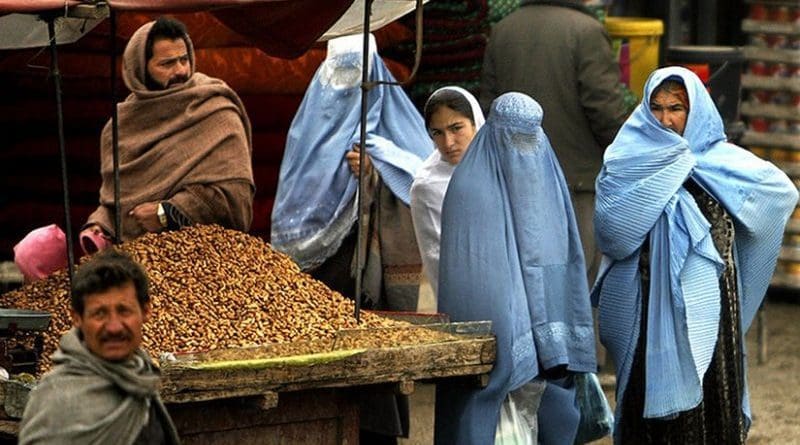Navigating Afghanistan’s Crisis – OpEd
By Shehla Rahim
Navigating Afghanistan’s crisis requires a delicate balance between humanitarian urgency and geopolitical complexities. The return of the Taliban to power has plunged the nation into a multifaceted crisis, marked by human rights concerns, economic challenges, and security risks. The international community faces the intricate task of addressing the immediate needs of the Afghan people while engaging with the Taliban to ensure a more inclusive and accountable government. Striking this balance demands diplomatic finesse, strategic cooperation, and a commitment to safeguarding the well-being of the Afghan population. As the world grapples with this crisis, it underscores the need for a unified global response that transcends political differences to offer hope and support to the people of Afghanistan.
Afghanistan is entangled in a deepening humanitarian crisis, witnessing a surge in poverty, hunger, and a dire lack of access to fundamental necessities. This escalating turmoil disproportionately affects vulnerable demographics, notably women and children, who bear the brunt of these adversities. Urgent humanitarian aid and comprehensive support are indispensable to alleviate the suffering of those most affected, offering a lifeline in the face of pervasive challenges. The international community’s swift response is critical in addressing the multifaceted dimensions of this crisis and safeguarding the well-being of Afghan civilians grappling with the consequences of conflict and instability.
Women’s Rights and Education
International concern has heightened due to the Taliban’s stringent restrictions on women’s rights and education in Afghanistan. The abrupt closure of girls’ schools and constraints on women’s involvement in public life not only signify a regressive approach but also present formidable long-term hurdles for the nation’s development and societal progress. The denial of educational opportunities for girls and the curtailment of women’s active participation undermines the potential for a prosperous and inclusive Afghan society, emphasizing the urgent need for global attention and concerted efforts to address these concerning developments.
The Taliban’s historical ties to terrorism have prompted substantial security concerns with implications both regionally and globally. The looming threat of terrorism resurging under their rule underscores the imperative for international collaboration to effectively counter this menace. Coordinated initiatives encompassing intelligence sharing and comprehensive counterterrorism measures are indispensable to mitigate the risks associated with the Taliban’s presence, ensuring a collective response that safeguards regional and global security interests.
Human Rights Violations
Reports of human rights violations under the Taliban regime are deeply troubling. Suppression of dissent, media restrictions, and curtailment of freedom of expression demand international attention and accountability. The global community must not turn a blind eye to the erosion of fundamental rights in Afghanistan.
Afghanistan faces economic instability exacerbated by international sanctions and financial isolation. The crippled economy requires comprehensive support and reconstruction efforts. The international community should play a pivotal role in aiding economic recovery to prevent further deterioration.
International Responsibility
The responsibility to address the crisis in Afghanistan extends beyond its borders. The international community must engage diplomatically, provide humanitarian aid, and support economic development. A collective effort is essential to ensure that Afghanistan does not descend into chaos, impacting its people and neighboring countries.
The refugee crisis and internal displacement in Afghanistan are reaching alarming proportions. Neighboring countries are strained by the influx of refugees, necessitating a coordinated international response. Supporting displaced Afghans and addressing their needs is a shared responsibility of the global community.
Conclusion
In conclusion, Afghanistan under the Taliban is facing a myriad of challenges, demanding urgent international attention and action. The humanitarian crisis, women’s rights violations, security threats, human rights abuses, economic instability, and the refugee crisis collectively underscore the need for a comprehensive and collaborative global response. The international community must prioritize diplomatic efforts, provide humanitarian aid, and support Afghanistan’s economic recovery. Human rights must be upheld, and the security situation addressed to prevent a relapse into instability. The Afghan people deserve a future free from oppression, and it is the shared responsibility of the world to help them achieve it. Inaction is not an option, and the time to act is now.

